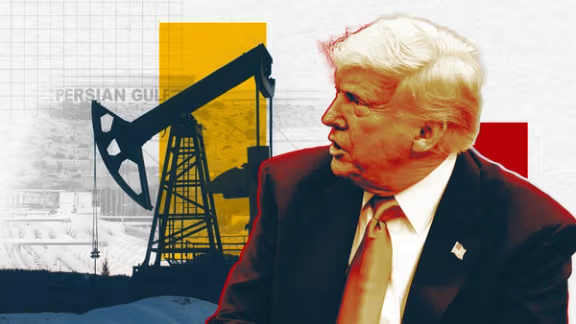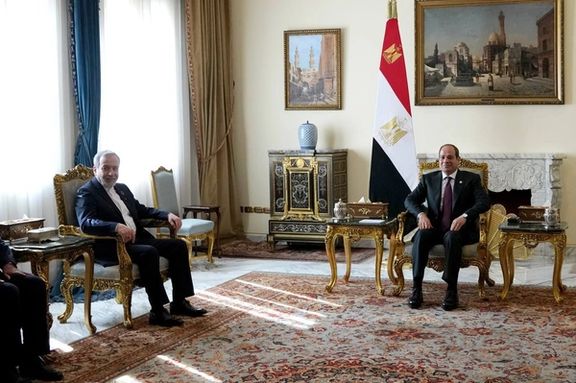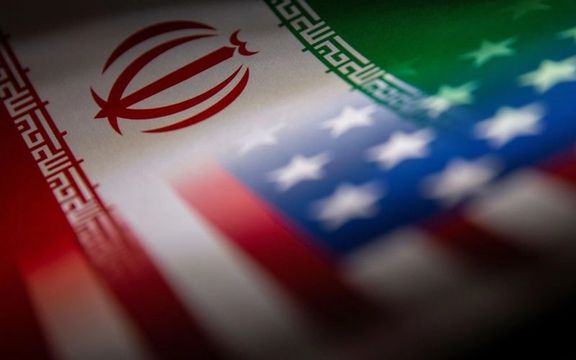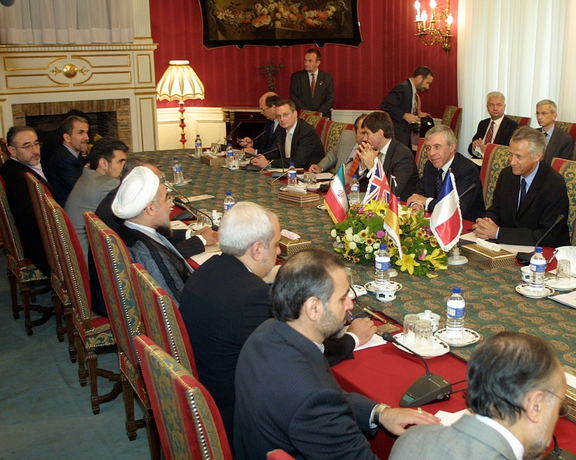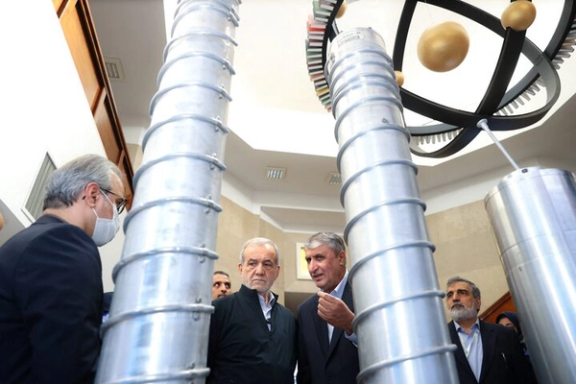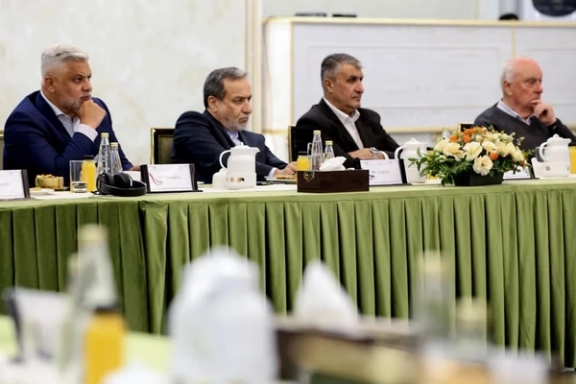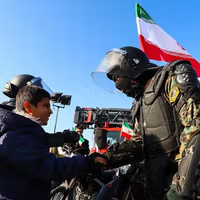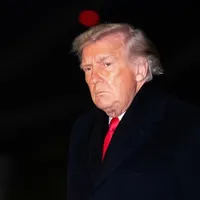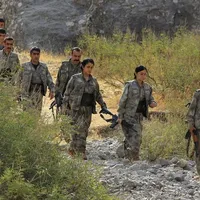A commentary published Sunday by Tasnim News, an outlet affiliated with Iran’s Revolutionary Guards, accused Britain, France and Germany of “blackmailing” Iran by threatening to invoke the snapback clause of a 2015 nuclear deal between Tehran and world powers.
The so-called snapback of UN sanctions on Iran can technically be restored automatically if any party to the Joint Comprehensive Plan of Action (JCPOA) deems Iran to be non-compliant with the deal.
“Much of the Europeans’ audacity stems from their perceived ability to trigger the snapback clause,” the article said. “Increasing the cost of their strategic choices is the only viable countermeasure.”
The conservative daily Khorasan struck a similar tone, warning Western powers that any military action or invocation of the snapback clause would provoke a fundamental shift in Iran’s defense doctrine. The paper said Iran could produce 10 atomic bombs and that its intercontinental ballistic missile capability should not be underestimated.
“If the snapback mechanism is activated, it means all of Iran’s cooperation with the International Atomic Energy Agency (IAEAI) has yielded nothing,” the editorial said.
All eyes on IAEA Board
The UN nuclear watchdog on Saturday confirmed that Iran’s stockpile of 60% enriched uranium now exceeds 400 kg—enough for developing 10 nuclear weapons if further enriched. It also accused Tehran of running a secret nuclear program using unreported material.
The findings have convinced the United States, Britain, France, and Germany to submit a draft resolution on Iran non-compliance for adoption by the agency’s board at its upcoming meeting during the week of June 9, diplomats said Saturday.
The last time the IAEA Board formally declared Iran in breach of its non-proliferation commitments in 2005, it led to Iran’s referral to the UN Security Council and triggered a round of international sanctions.
Iran's warning
Iran's foreign minister Abbas Araghchi on Saturday spoke by phone with the IAEA Director General Rafael Grossi, warning against political pressure on the nuclear watchdog ahead of its board meeting.
“Iran will respond appropriately to any improper moves by European parties,” Araghchi said.
“The responsibility for any fallout will lie with those who use the Agency and its mechanisms as tools to advance their political agenda against Iran.”
Iran’s Atomic Energy Organization and foreign ministry dismissed the IAEA’s new report, accusing the agency of relying on “forged Israeli documents.”
Deputy Foreign Minister Kazem Gharibabadi also condemned the report as a Western effort to reopen previously settled issues, saying it was “based on a series of fabricated data provided by the Zionist regime.”
US proposal
Iran and the United States are now engaged in diplomatic talks aimed at clinching a deal that would curb Iran's nuclear program and provide some sanction relief for Tehran.
Washington has floated proposals aimed at breaking the deadlock in nuclear talks with Iran. Axios reported over the weekend that the US is considering recognizing Iran’s right to uranium enrichment in exchange for a suspension of enrichment or the creation of a regional fuel consortium.
The idea was shared with Iran in a proposal from US President Donald Trump’s special envoy, Steve Witkoff, relayed via Oman’s foreign minister during a brief visit to Tehran on Saturday.
Iran's foreign minister Abbas Araghchi said Iran would respond in line with its “national interests and rights,” but officials made clear that enrichment will remain central to Iran’s nuclear posture—regardless of pressure or inducement.
Enrichment a red line for Tehran
Ebrahim Azizi, head of the Iranian parliament's national security committee, said, “Enrichment is a national value and a symbol of independence ... No negotiation over the principle of enrichment is meaningful."
Another lawmaker, Vahid Ahmadi, raised the possibility of a temporary nuclear deal with the United States while indirect talks continue if there is a softening on American demands to totally halt uranium enrichment.
“If the Americans show some retreat in their stance, there is a possibility of reaching a temporary understanding,” he said in remarks published by ISNA. However, he insisted that “there is no way we will accept shutting down enrichment.”
Iran is the only non-nuclear weapon state enriching uranium to 60% U-235, a level that causes "serious concern," according to Grossi.
The IAEA has consistently maintained that there is no credible civilian use for uranium enriched to this level, which is a short technical step from weapons-grade 90% fissile material.
